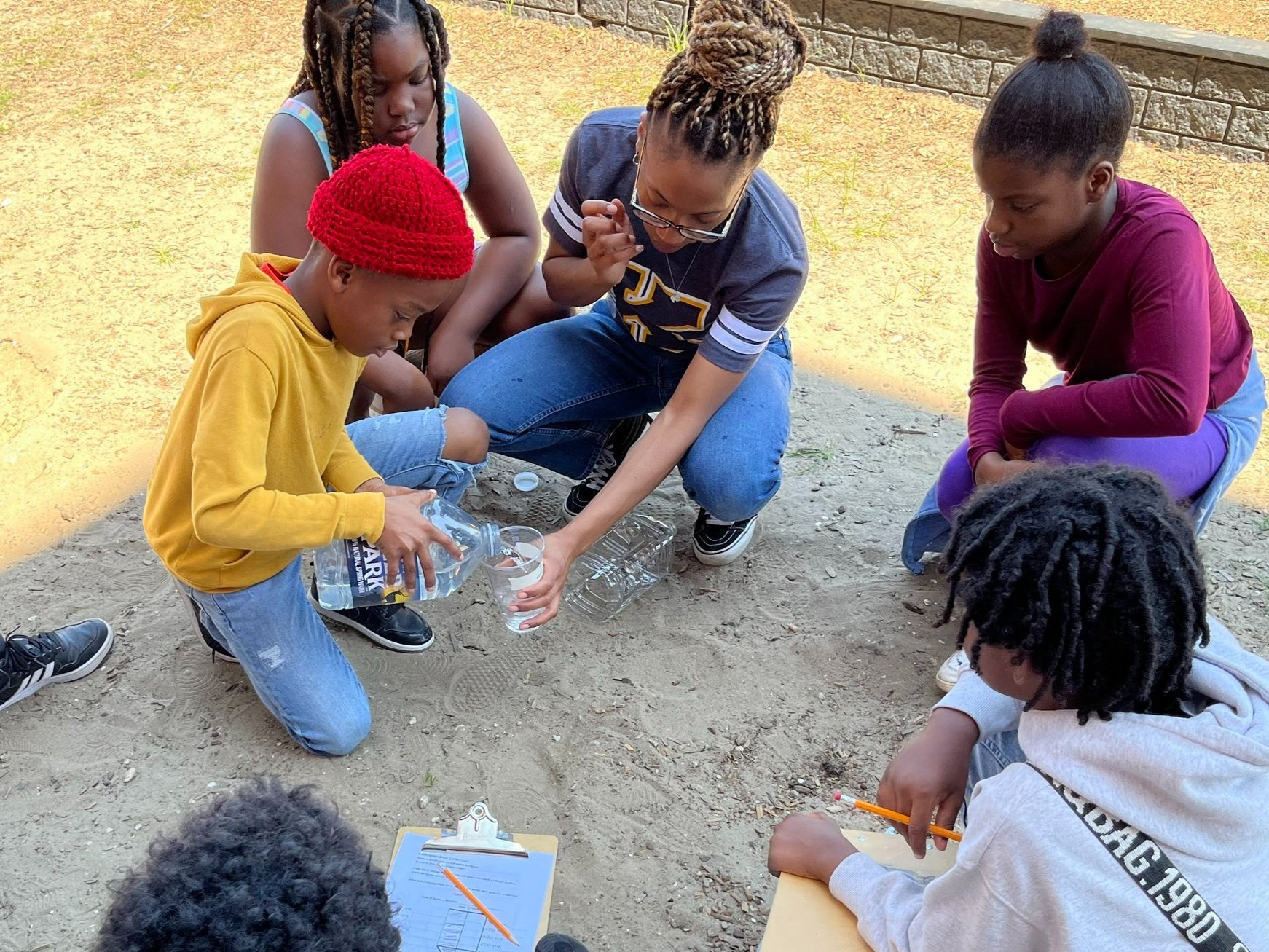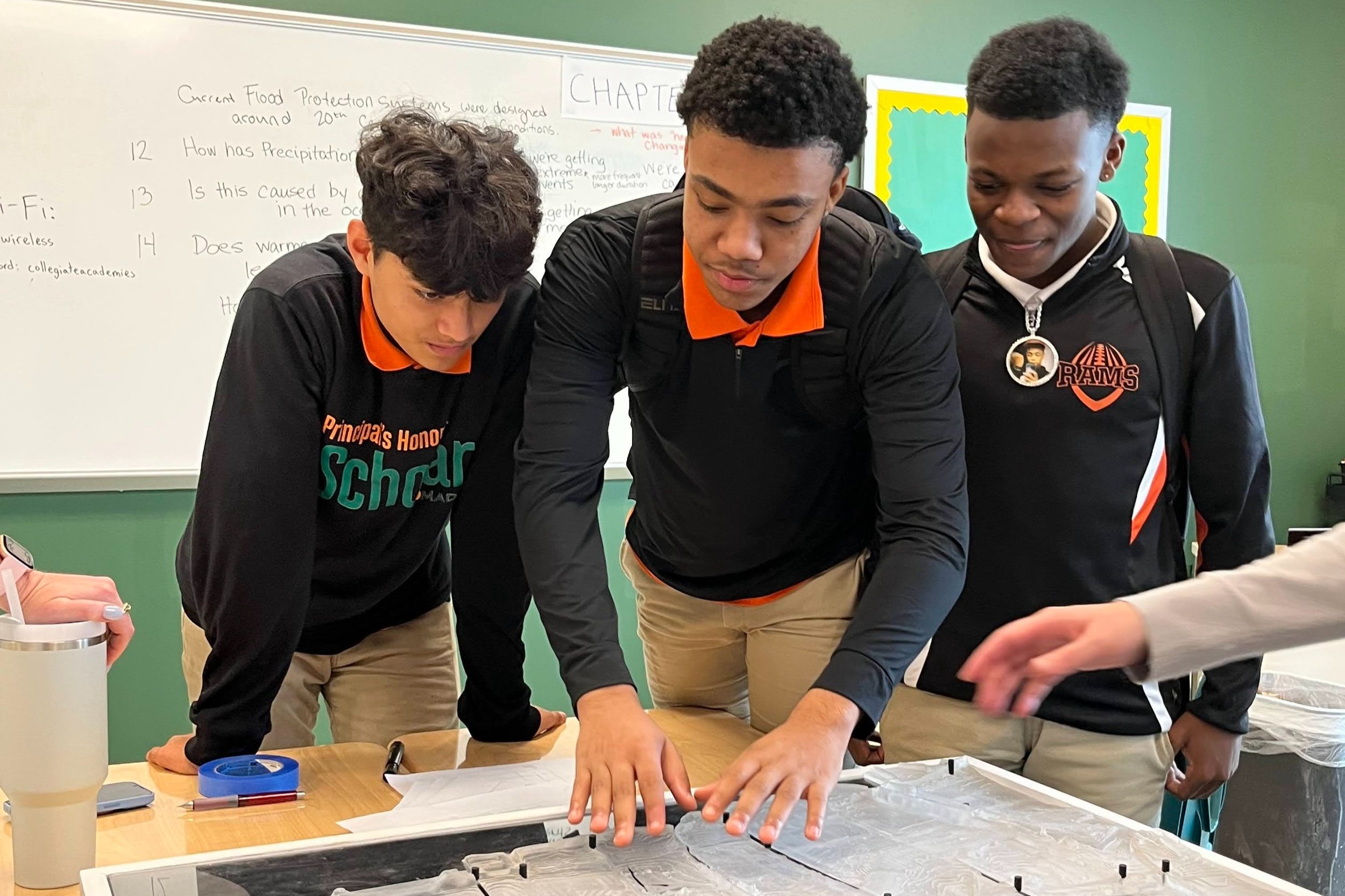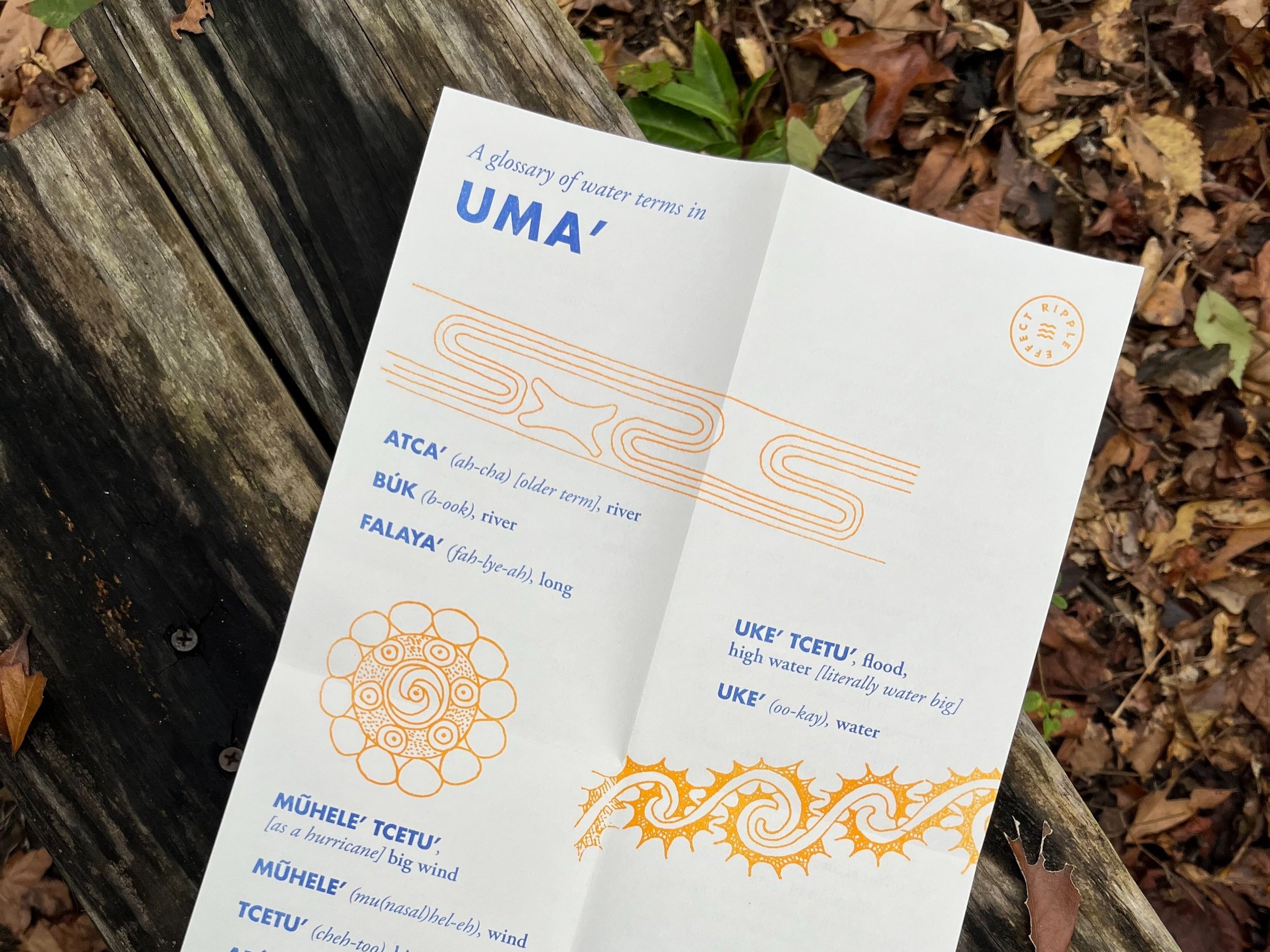Our work
Ripple Effect synthesizes best practices in science education, transdisciplinary collaboration, and user-centric design to invest in teachers’ abilities as learners and agents of change.
We work in the areas of teacher learning, curriculum design, field-based learning, and strategic partnerships.
A shared vision for K-12 environmental education in Louisiana
Integrating art and science to understand rapid environmental change
Catalyzing standards-aligned science teaching through water literacy
Bringing elementary school teachers and students into the field
Standards-aligned water literacy courses for high school
Investigating how to integrate community knowledge into science learning
Woven into every project we undertake are these strands of work
Teacher Learning
Supporting teachers in developing environmental science content knowledge and inquiry-driven pedagogy.
Curriculum Design
Creating curriculum about complex socioecological water issues, drawing from the latest science and education research.
Field-Based Learning
Designing field-based water literacy experiences for teachers and students that help them see the natural world as their laboratory.
Strategic Partnerships
Partnering with school districts and collaborating with a range of experts to build capacity for transformative change.
Meet some of our partners
Dr. Kristin Gunckel
Professor, Teaching, Learning & Sociocultural Studies, University of Arizona College of Education
Dr. Gunckel studies the development of environmental science literacy and engages in the co-creation of water science curriculum with teachers and students. She provides Ripple Effect with expertise on how to support students in developing model-based understandings of the movement of water through the socioecological systems of Southeast Louisiana.
Dr. Natalie Davis
Assistant Professor of Educational Studies, University of Michigan Marsal Family School of Education
Dr. Davis's scholarship focuses on the relationship between teaching and learning, cultural ecologies, and the sociopolitical development of children from non-dominant communities, with emphasis on the educational experiences and “freedom dreams” of urban-based Black children. She informs and deepens Ripple Effect’s approach to fostering students’ agency in the context of inquiry-driven science.
Want to stay in the loop on water literacy?
Sign up for our newsletter to receive quarterly updates.








